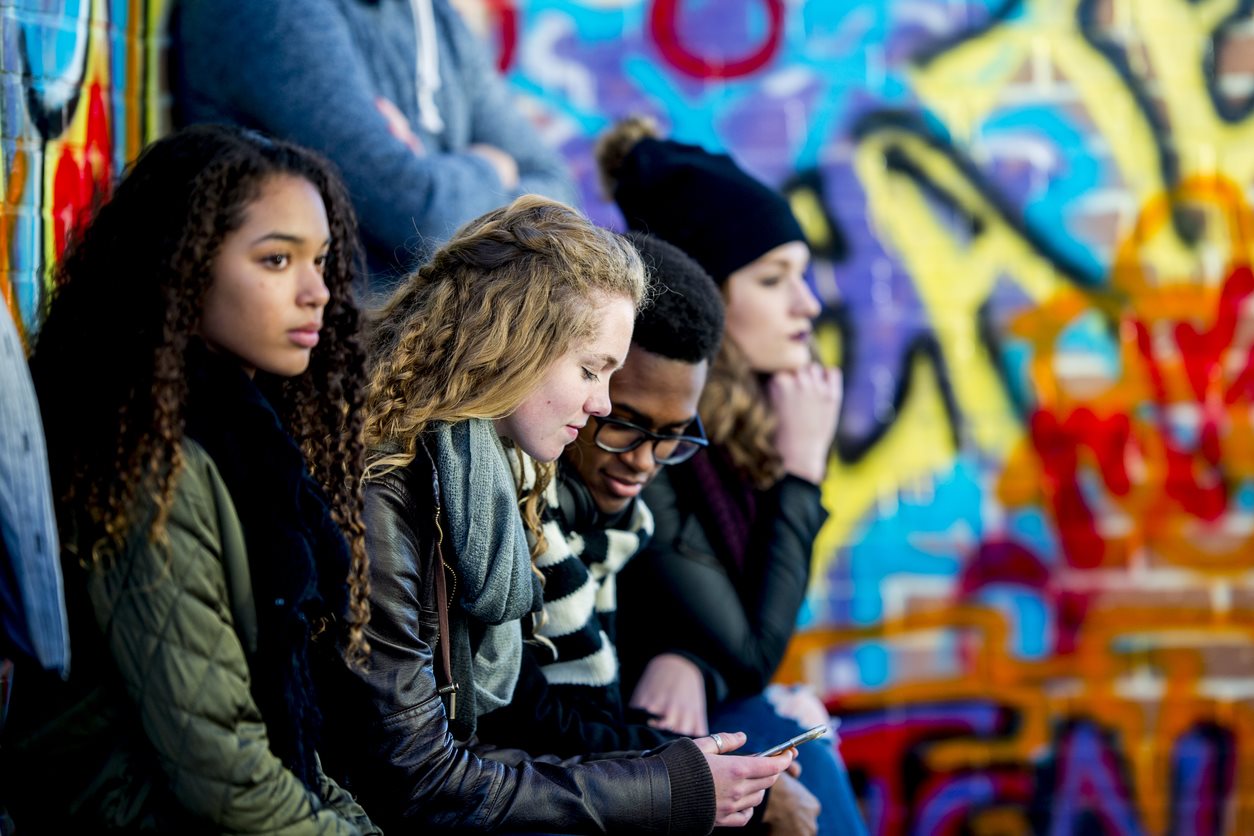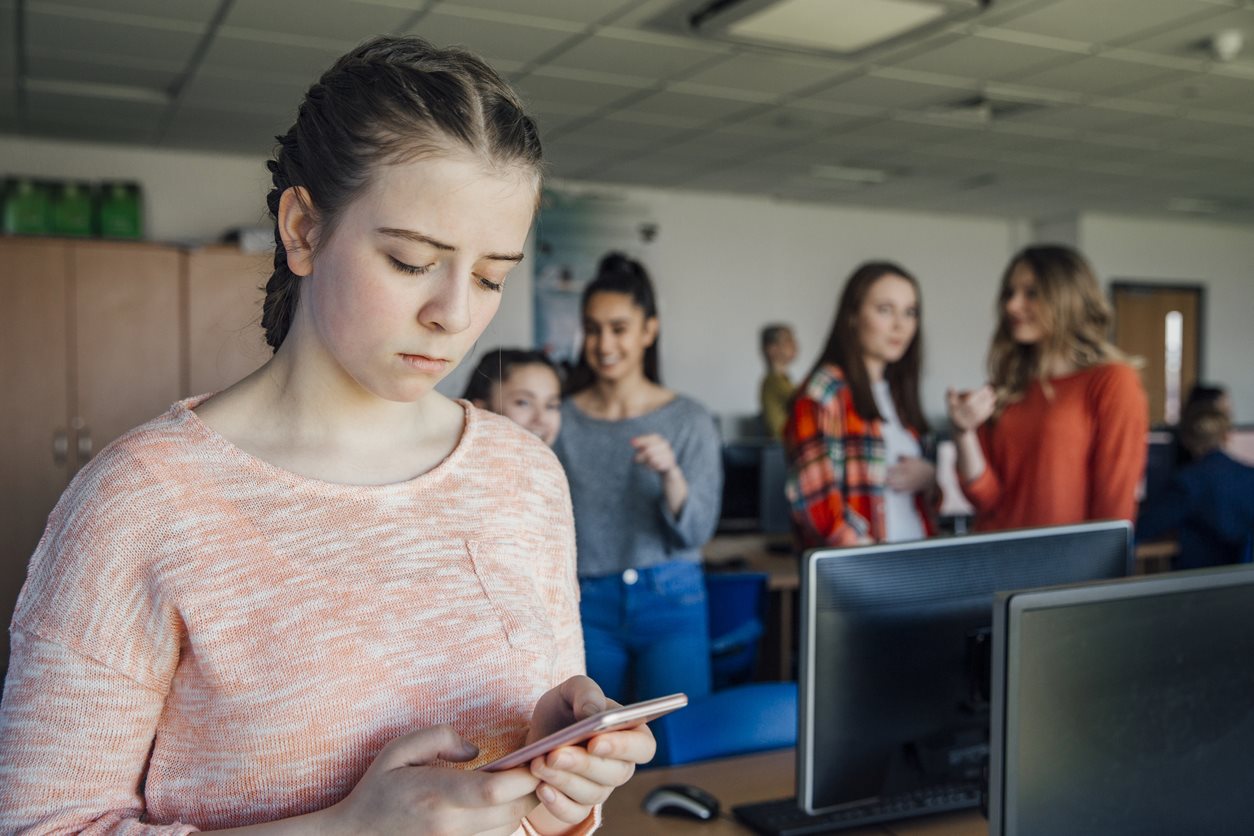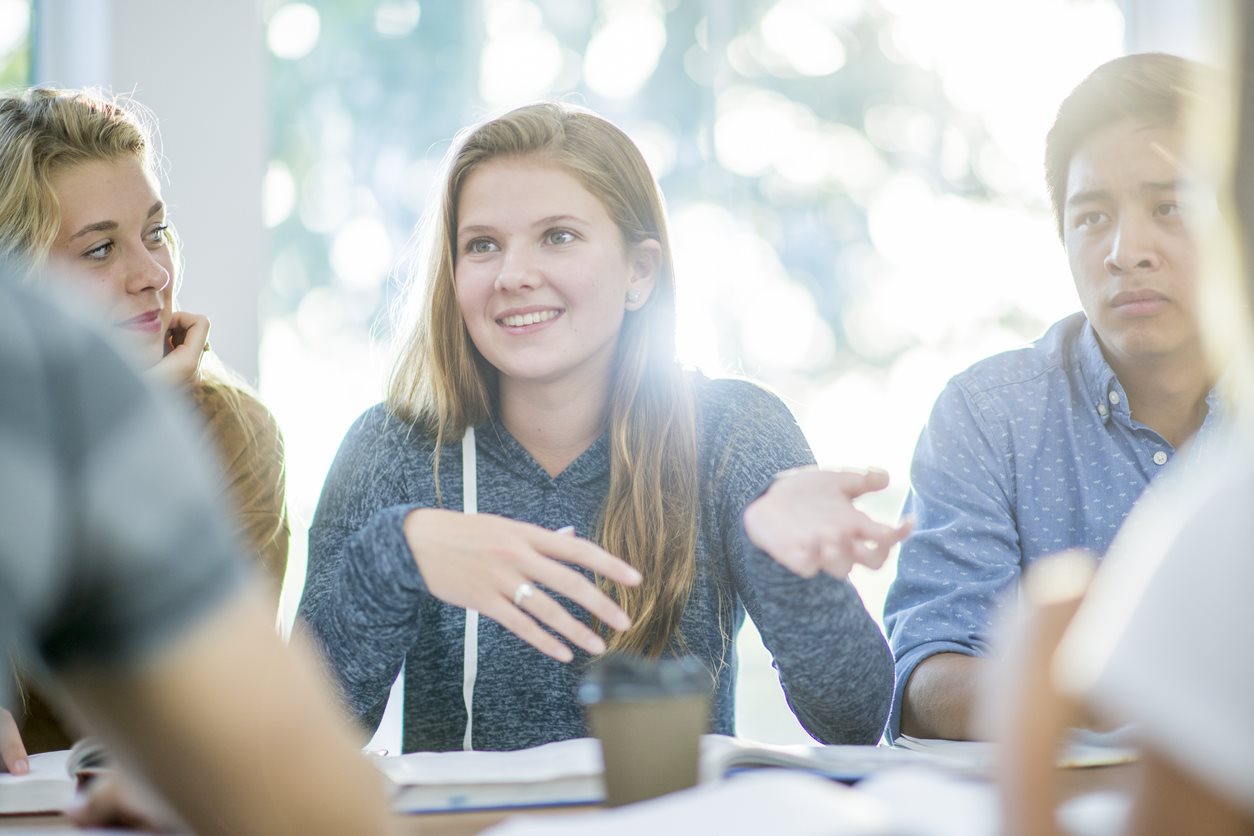Building Resilience in Young People

The idea of emotional resilience might be something you’ve heard of, but aren’t too sure what it means. This is understandable, as Kim Dempsey from Pieta House explains, since various researchers have defined resilience in slightly different ways. For her, it’s all about empowering people with essential coping skills, and in fact, she and the team at Pieta run a Resilience Academy for students in schools around Ireland. Through a series of hands-on workshops and modules, it acts as a tool to help young people emotionally deal with challenging life scenarios.
Emotional Responses
“We see resilience as a person’s ability to bounce back from a situation”, Kim explains. “That doesn’t mean you have to spring back from everything, but it’s about how you can increase your ability to cope.” Kim says there are certain emotional responses and patterns of behaviour we can all feel when we’re met with an unpleasant situation. She encourages the young people in the Academy to question and explore those responses before reacting.
Related: Building Resilience in Children

Unhelpful Thinking Styles
We all have them, says Kim. Faced with a situation we might not like, our thoughts spiral towards the worst-case scenario. “For example”, she says, “seeing on social media that your friends went out without you. Even adults can identify with things like that. A child however, might have more of a tendency to use a ‘mind-reading’ thinking style, and immediately assume their friends don’t like them. They might then go into school and ignore those friends, making the situation even bigger.” Kim notes that if they’d challenged their thoughts, perhaps there was a reasonable explanation for not being invited. The Academy aims to reduce the emotions associated with such scenarios, and help students identify when they’re engaging with an unhelpful thinking style.
Nine Box Model
Another way Pieta House helps young people build resilience is through the Nine Box Model, a visual tool that will serve many adults well too. Students are asked to rate themselves in nine areas of their lives, including school, hobbies and friendships. The idea, according to Kim, is “to not put all your eggs in one basket.” If you focus all your energy on one area of your life, you may find yourself isolated if that area falls through. “You might then end up at a point of crisis, so it’s important to have other mechanisms in your life that could support you.”

Resilience Academy
Is there a young person in your life who you feel would benefit from the Resilience Academy? This six-week programme is available for second-year students in schools around Ireland, and offers them four modules from a list of eight, including managing school stress, mental health, and body image. Teachers and parents can find more info here, and contact resilience@pieta.ie or phone 01 458 5490 to participate.
Created April 2019.